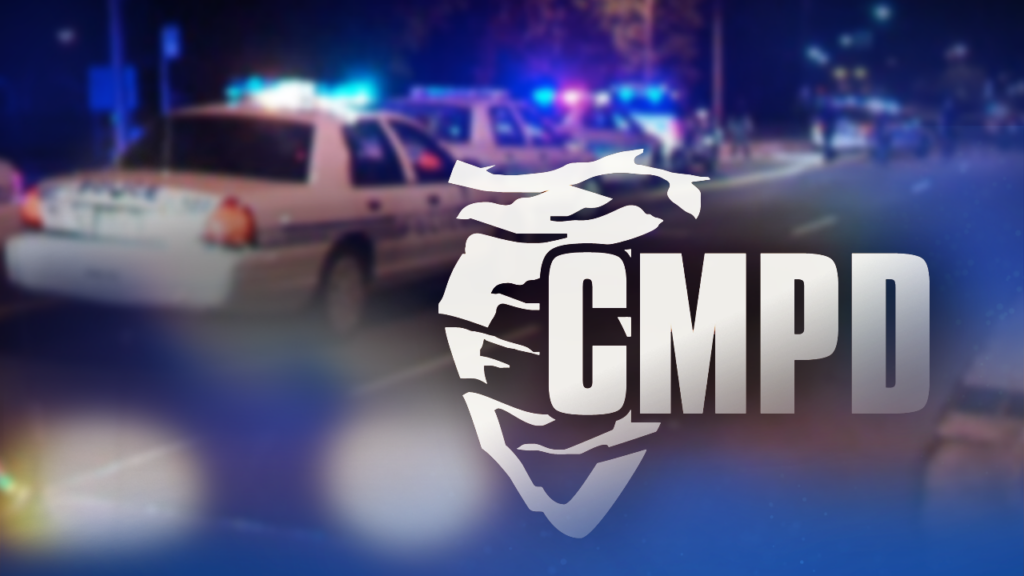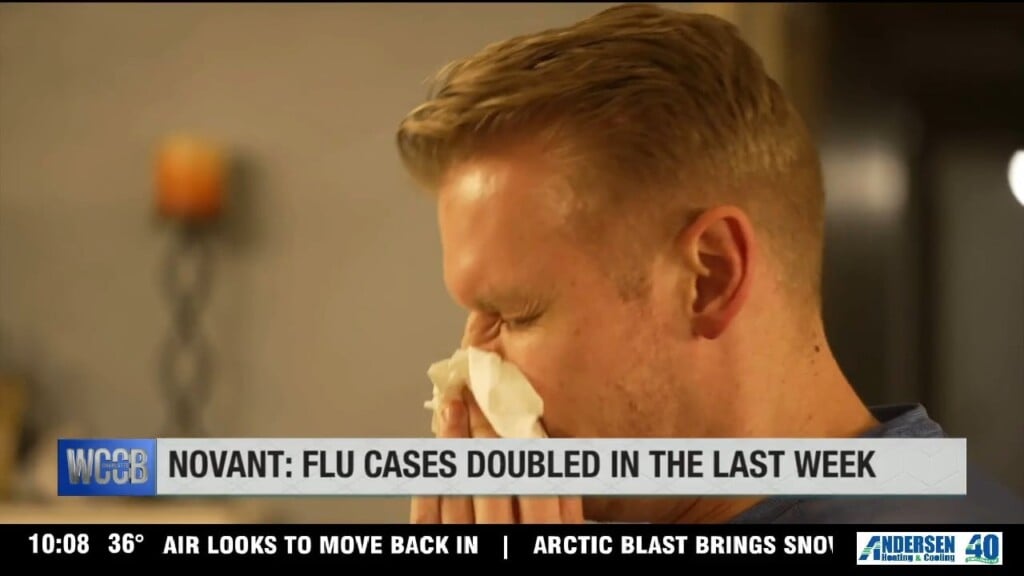NORTH CAROLINA — North Carolina Gov. Roy Cooper’s COVID-19’s task force informed the public that the number of coronavirus cases have increased to 12.
There are 11 presumptive positive cases in the state and one positive confirmed.
Two from Forsyth County involve a couple previously on a cruise ship where others tested positive, while the exposure of the Johnston County person was still being investigated, the Department of Health and Human Services said in a news release. The fourth is a Durham resident who tested positive in another state and remains there for now, health officials said. The previously announced eight cases also were centered in the Raleigh-Durham area.
There are still no confirmed cases in the Mecklenburg County area.
During the task force meeting Governor Cooper said, ” We’re all in this together and we’ll get through this.”
Gov. Roy Cooper already declared a state emergency earlier this week, giving him more personnel and fiscal flexibility to attempt to limit the spread of the virus.
Cooper previously urged certain at-risk people to avoid large crowds and recommended limited visitation to nursing homes and assisted living centers. More robust recommendations were directed toward the Triangle area, such as asking local businesses to use technology so employees can work from home.
Cooper said he planned to announce additional and revised recommendations for individuals later Thursday, adding that more cases are expected and that “this epidemic is going to get worse before it gets better.”
“We need to do everything that we can to work to prevent the spread of the virus and also to mitigate,” Cooper said at the state emergency operations center. “We know that lives are at stake.”
For most people, the virus causes only mild or moderate symptoms, such as fever and cough. For some, especially older adults and people with existing health problems, it can cause more severe illness, including pneumonia. The vast majority of people recover from the new virus.
All 17 University of North Carolina system campuses and several key private schools already announced this week they are shifting later this month away from face-to-face instruction and toward alternative methods like online classes.
Some universities are extending spring break in part to prepare for the transition away from in-person classes. Outside events and gatherings of 100 or more people at UNC campuses will be canceled or postponed unless they are authorized by a school chancellor or provost.
“It’s important for us to most of the time give wide discretion for flexibility across the system. This is not one of those times,” said UNC system interim President Bill Roper, a former director of the Centers for Disease Control and Prevention.
Public K-12 schools remain open based on recommendations by health officials, state Superintendent Mark Johnson said. Local and regional organizations already are canceling or postponing public events.
This week’s most prominent event in North Carolina, the Atlantic Coast Conference men’s basketball tournament, was canceled Thursday, the day after the league announced quarterfinal games would be played without fans in attendance at the Greensboro Coliseum. Games with fans in the stands went on as scheduled Tuesday and Wednesday.
“All of our lives will change in some way over the next few weeks and months,” Cooper said. “We’re going to have make some tough decisions, (and) some of them will be unpopular. But I think it’s critical that we take steps now.”
More than 126,000 people in more than 110 countries have been infected and more than 4,600 people have died worldwide. U.S. cases now number more than 1,300.




